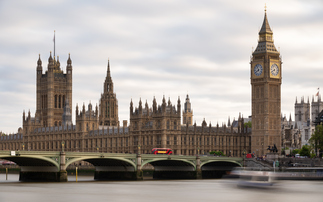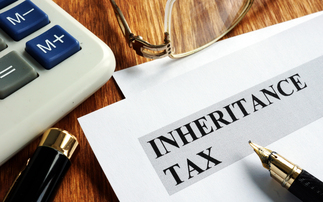Pension lifeboat funds including the Pension Protection Fund (PPF) cannot be required to pay 100% of benefits, but must ensure members remain above the poverty threshold, the European Court of Justice (ECJ) has said.
In a judgment delivered in Pensions-Sicherungs-Verein VVaG v Günther Bauer this morning (19 December), the court said reductions in benefits paid to former employees due to a company insolvency could be "manifestly disproportionate" if it puts the member below an EU member state's poverty threshold. This is even the case where the member is still receiving half of their pre-insolvency benefits, as dictated by a separate ECJ ruling last year.
However, it said "member states have considerable latitude in determining both the means and the level of protection of employees' accrued entitlement to old-age benefits". It added the current law cannot therefore be "interpreted as requiring a full guarantee of the rights in question".
A PPF spokesperson said: "The recent ECJ judgment in the case of PSV v Gunther Bauer has restated that, as a minimum, every individual must receive at least 50% of their accrued benefits. We consider that the implementation methodology we announced following the ECJ's judgment in Hampshire, which will make sure that all our members receive at least 50% of the value of their accrued benefits, meets this requirement.
"There are other details of the judgment that we'll need to work through with the Department for Work and Pensions. In the meantime, we'll continue to make payments in line with the existing levels, and to assess and increase payment to those members affected by the Hampshire ruling."
Pinsent Masons partner Stephen Scholefield: "The judgment confirms that the PPF need not provide full benefits, but adds further gloss to the ‘50% minimum' compensation requirement previously confirmed by the Hampshire judgment.
"In addition to that minimum, the reduction to benefits must not cause a member to be at risk of living in poverty, as measured on the EU basis. In the UK, that equates to an income of around £10,000 pa. Given the state pension, and triple lock protection, it seems unlikely that the poverty threshold will apply in many cases - but it looks set to make the calculation of compensation more difficult for the PPF to administer, with the need to revisit past payments as well as assess them on a different basis in future."
Arc Pensions Law senior partner Anna Rogers said: "The Bauer ruling applies a minimum income test. 50% PPF compensation is not enough if the member is below the 'at risk of poverty' income level as measured by Eurostat. This looks like a change that will be hard to handle for the PPF but the financial impact will be mitigated. It also looks like something complicated to disentangle post-Brexit."
Correction: In the original version of this article, we erroneously reported that the ECJ had ruled that the PPF would need to increase benefits to 100%. This was due to our misinterpretation of the ruling, which was first published in German.









